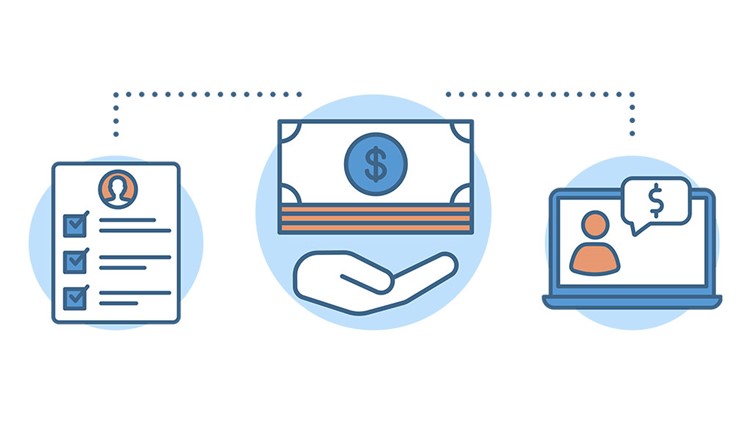

Filing an amended return used to mean completing a paper form, regardless of how taxpayers submitted the original return to the Internal Revenue Service. During the pandemic, paper-filed returns presented processing challenges that contributed to a historic backlog at the Internal Revenue Service.
Nearly two years after the IRS first began allowing electronic filing for Forms 1040-X, there is more good news for the roughly 3 million taxpayers expected to amend this year. Last week, the IRS announced that direct deposit is now available for refunds issued to taxpayers who file an amended return.
The IRS says recent system updates made the implementation of direct deposit for amended tax returns possible. This development represents the agency’s continued push to improve customer service, an effort ultimately bolstered by increased funding from legislation like the Inflation Reduction Act.
“Those filing amended returns can now enjoy the same speed and security of direct deposit as those filing an original Form 1040 tax return,” the IRS explains. “Taxpayers filing an original tax return using tax preparation software can file an electronic Form 1040-X if the software manufacturer offers that service.”
The short answer is “no.”
The IRS is required to manually process all amended returns, which takes an average of 20 weeks, irrespective of the chosen filing method. However, the IRS says choosing e-file and direct deposit “cuts out the mail time” and “provides a convenient and secure way to receive refunds faster.”
Drake Software customers do not have to wait for a program update to provide direct-deposit services to clients filing Forms 1040-X. Drake Tax has supported direct deposit for amended returns since the IRS announced its availability.

Source: IR-2023-22
Whether designing superheroes, penciling caricatures, or just doodling, I always knew I was going to earn some sort of art degree while in college. That was my goal before I decided to trade Edgar Degas for Edgar Allan Poe during a Freshman English class. The BA in English soon morphed into a double-major in English and Philosophy, eventually becoming an MA in English. It only makes sense that I learned of a writing opportunity for a local marketing firm while teaching a first-year college English course. Before I knew it, I was writing and editing tax-related articles for Taxing Subjects, and this has been my home since 2014.